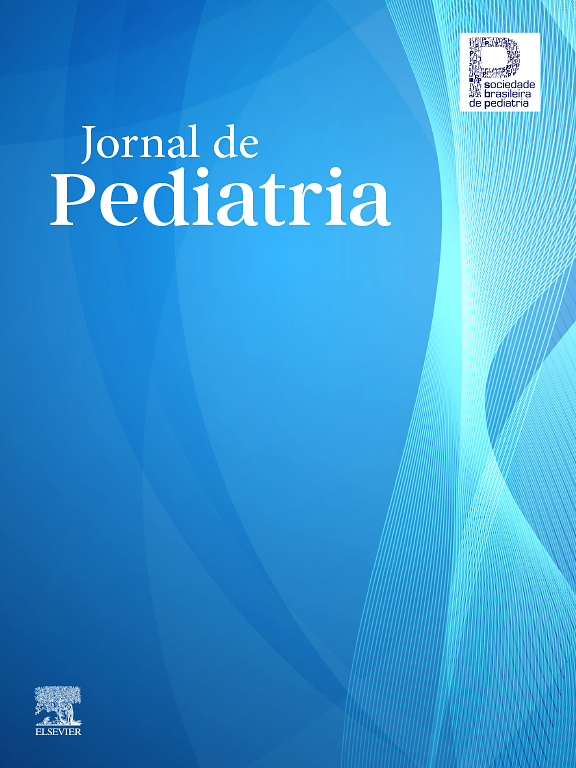In view of the controversies found in the literature, the present study was conducted to determine the effect of the use of exogenous human albumin on the nutritional status of newborn infants submitted to total parenteral nutrition.
MethodsThirty critically ill newborn infants weighing less than 2,500 g were divided into two groups: 15 infants receiving total parenteral nutrition without human albumin (C control group) and 15 with human albumin (group A). Total protein, albumin, prealbumin, and retinol-binding protein were determined at the beginning (3-4 days of postnatal age) and at the end of the study (10-11 days of postnatal age). On the seventh day of the study, nitrogen balance (retention) was measured. The following clinical parameters were evaluated: weight, age at the beginning of enteral nutrition, time to reach a full enteral volume, length of stay in the intensive care unit, total hospitalization time, and mortality.
ResultsThe results showed a significant difference (p < 0.05) in serum albumin and total protein levels (p < 0.05) between groups at the end of the study. Median albumin levels were 2.95 g/dl in group C (2.71-3.16 g/dl), whereas group A showed median albumin levels of 4.10 g/dl, (3.76-4.66 g/dl). Total protein levels were 4.9 g/dl (4.4-5.2 g/dl) and 5.6 g/dl (5.5-6.3 g/dl), respectively, with no repercussions on any of the remaining parameters evaluated.
ConclusionOn the basis of the results obtained in the present study, no benefits were derived from the use of human albumin in total parenteral nutrition in severely ill newborns; therefore its use cannot be recommended, unless the objective is exclusively to elevate albumin levels.
Diante das controvérsias encontradas na literatura, procurou-se verificar a influência do uso de albumina humana exógena sobre o estado nutricional e a evolução de parâmetros clínicos de recém-nascidos em nutrição parenteral total.
MétodosEstudo caso-controle incluindo 30 recém-nascidos gravemente doentes com peso inferior a 2.500 g, divididos em dois grupos: 15 recém-nascidos recebendo nutrição parenteral total sem albumina (grupo controle C) e 15 com albumina humana (grupo A). Foram realizadas dosagens de proteínas totais, albumina, pré-albumina e proteína ligadora do retinol no início (3-4 dias) e no fim do estudo (10-11 dias de idade pós-natal). No sétimo dia de estudo, foi realizado balanço da retenção de nitrogênio. Foram avaliados os seguintes parâmetros clínicos: peso, idade de início da alimentação enteral, tempo para atingir volume enteral pleno, tempo de permanência na unidade de terapia intensiva, tempo total de internação e mortalidade.
ResultadosHouve diferença significativa (p < 0,05) nos níveis séricos de albumina e das proteínas totais entre os grupos ao final do estudo. Para os níveis de albumina, o grupo C obteve mediana de 2,95 g/dl (2,71-3,16 g/dl), e o grupo A, mediana de 4,10 g/dl (3,76-4,66 g/dl). Para os níveis de proteínas totais, os grupos obtiveram 4,9 g/dl (4,4-5,2 g/dl) e 5,6 g/dl (5,5-6,3 g/dl), respectivamente, porém sem repercussão sobre nenhum dos demais parâmetros avaliados.
ConclusãoNo presente estudo, não foram encontrados indicadores de benefício com o uso de albumina humana na nutrição parenteral total de recém-nascidos gravemente doentes que suportem a recomendação do seu uso, a não ser que o objetivo seja a elevação dos níveis da albuminemia.









